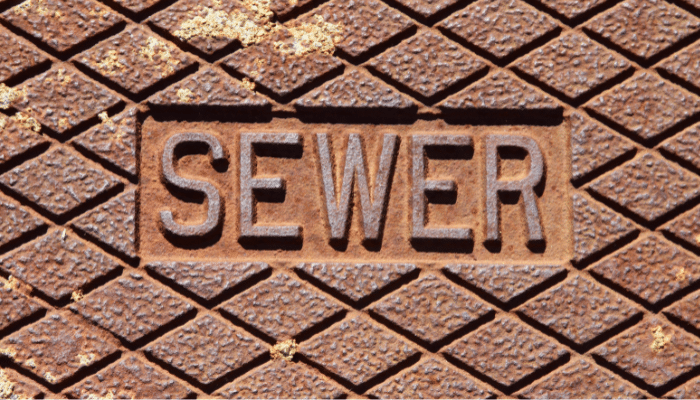
Two Pipes, One Home: Understanding Your Sewer Lines
When plumbing problems strike, you may hear your plumber mention your main sewer line or your residential sewer lines. While they sound similar, they play different roles in your home’s plumbing system. Knowing the difference can help you spot issues early and understand why repairs are sometimes more extensive than expected.
What Is a Residential Sewer Line?
Your residential sewer lines are the smaller pipes inside your home that carry wastewater from sinks, toilets, tubs, and appliances. They connect each fixture to your home’s main sewer line.
Common problems with residential sewer lines include:
-
Clogs from hair, grease, or debris
-
Cracks from aging pipes
-
Tree root intrusion into smaller branch lines
-
Improper flow from misaligned or shifted pipes
What Is the Main Sewer Line?
Your main sewer line is the large pipe that collects all the wastewater from your residential sewer lines and carries it to the city’s sewer system or your septic tank. It’s essentially the “highway” of your home’s plumbing system.
When the main line is clogged or damaged, you may notice:
-
Backups in multiple drains at the same time
-
Gurgling sounds coming from toilets and sinks
-
Sewage odors inside or outside your home
-
Sewage coming up in lower-level showers or tubs
Key Differences Between the Two
-
Location: Residential sewer lines are inside your home; the main line runs underground to the street or septic tank.
-
Size: Residential lines are smaller; the main line is the largest pipe in your system.
-
Impact: A problem with one residential line usually affects a single fixture, while a main line issue impacts the entire home.
-
Repairs: Residential sewer line repairs are often smaller and less disruptive, while main sewer line repairs or replacements may require trenchless or traditional methods.
Why This Matters for Norcross Homeowners
Understanding the difference helps you recognize when to call a plumber. A clogged sink might just mean a local line blockage. But if multiple drains are backing up, it’s often a main sewer line clog that requires professional repair.
At Chen Plumbing, we specialize in both residential sewer line repair and main sewer line repair and replacement. Whether it’s a simple clog or a full trenchless no-dig sewer line replacement, we have the tools and experience to restore your home’s plumbing quickly.
Schedule Sewer Line Service in Norcross Today
If you’re noticing backups, odors, or slow drains, don’t wait until the problem gets worse. Call Chen Plumbing at 678-621-6363 or contact us online for expert sewer line repair and replacement in Norcross, GA.
